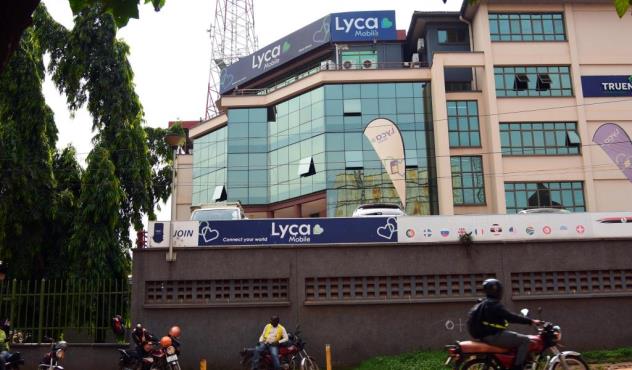They revealed that this rate of growth has a serious impact on gender, health, the environment as well as development. Apparently, this in turn leads to changes in social values and cultural behaviors of affected communities.
These observations were made at the recently concluded conference on Population Dynamics, Gender, Health and Climate Connection. The conference took place under the theme, ‘‘Why bridging the gap and building solutions together is a win-win for people, climate and the planet.’’
The National Population Council (NPC) organized the conference. They partnered with Regenerate Africa and National Population, Health and Environment (PHE) Network.
They warned that population growth has cost implications to the country such as deforestation and wetland destruction.
“We are seeing increased land use change due to changing investment priorities. We are seeing protected areas becoming farmland, settlements, industrial parks, and communication facilities due to the need to meet the demands of the growing population in Uganda,” Mr Stephen David Mugabi, one of the speakers at the conference said.
The National Population Council estimates Uganda’s population to be around 47,250,000 people in 2022. However, it is also estimated that the population is expected to double by the mid-century of 2050.
Additionally, the United Nations places Uganda’s 2022 fertility rate at an estimated 3.5 births per woman. This is almost twice the current global average of 2.3
Check Also;
- President Museveni Praises Ugandans For Being Fertile As UN Raises Concerns Over The Country’s Population Growth Rate
- Elderly Ask Government To Recount Them To Ascertain Their Number In Population
- World Population At 8 Billion, Humans Still Mushrooming
Please use the button below to contribute to Newslex Point, Inc. using a credit card or via PayPal.

 Newslex Point News in Uganda, Uganda news
Newslex Point News in Uganda, Uganda news












